Finance directors are constantly looking for ways to improve the company’s bottom line. One area that is often overlooked is water usage. Saving water is not only an environmentally responsible choice, but it can also have a significant impact on your business’s financial health. The true cost of your water use goes far beyond simply what you pay via your water bill. In this blog, we will explore the importance of businesses saving water and how it can benefit your company’s financial future.
- Reduce costs
Water is a valuable resource and using it efficiently can help your business save money. Reducing water usage can lead to lower water bills, as well as reduced energy costs associated with pumping and heating water. In addition, saving water can also reduce the amount of wastewater your business generates, leading to lower treatment and disposal costs.
For example, just a single waterless urinal can save up to 100,000 litres of water per year as well as significantly cutting maintenance and cleaning costs. Water saving sensor taps use up to 70% less water than traditional taps. These savings can really add up and have a significant impact on your bottom line. A grammar school in the west of England estimates that it has reduced its water bills by between £4,000 and £6,000 per year since it installed waterless urinals throughout its facilities.
Another way to reduce costs is to stop water being wasted through leakage. The cost of a continually leaking toilet can be up to as much as £6,000 per year. Leak detecting technology such as the Aguardio Leak Sensor can detect even the smallest leaks. Installing flood detection technology such as Aqualytics Flowless intelligent water management system not only saves you money by preventing floods in your facilities but also leads to lower insurance premiums.
A chain of motorway service stations installed CONTI+ sensor taps after a return on investment measurement exercise which demonstrated a reduction of water use by 80% in each washroom in which they were installed as well as a significant cut in the cost of heating water. Overall the exercise showed that water saving taps would save a total of £3,250.25 per year (£1,782.95 in reduced water usage and £1,467.30 in heating costs) and pay for themselves within 16 months from installation in just one washroom. The savings when rolled out across the whole of the estate were massive.
- Enhance Reputation
As environmental concerns continue to grow, businesses that demonstrate a commitment to sustainability can enhance their reputation and attract customers who prioritize environmental responsibility. By implementing water-saving initiatives, your business can demonstrate its commitment to sustainable practices, leading to increased customer loyalty and improved brand reputation. More and more consumers are demanding that the companies they do business with are able to actively demonstrate their eco-credentials and installing water saving technology such as waterless urinals in your washrooms is an easy way of doing this. Additionally waterless urinals improve the general ambiance of your washrooms, further enhancing your customers’ experience. Many of our clients install waterless urinals for money saving and environmental reasons initially but quickly find that users report a complete removal of bad odours from the men’s washrooms. We guarantee that our waterless urinals will not smell if they are cleaned and maintained correctly.
- Meet Regulatory Requirements
Governments are increasingly implementing water conservation measures to ensure the sustainable use of water resources. By implementing water-saving measures, your business can meet regulatory requirements and avoid potential fines or legal penalties. In addition, compliance with regulations can also enhance your business’s reputation and attract customers who prioritise environmental responsibility. Regulation is nothing new. Since 1999 businesses in the UK have been required to use water efficient fixtures and fittings throughout all new and refurbished buildings. However the UK government has launched several initiatives designed to encourage businesses to use less water, and there’s a growing push for water neutrality in new developments (for example any new development in West Sussex is now required to demonstrate water neutrality) so there will be additional costs on businesses who do not comply with these regulations and requirements.
- Increase Operational Efficiency
Water-saving measures can also lead to increased operational efficiency. By reducing water usage, businesses can minimize downtime associated with water shortages or system failures. In addition, water-saving initiatives can lead to a reduction in maintenance costs associated with water-related equipment. The UK experiences regular droughts and floods now. Organisations are already subject to restrictions on water use and interruptions in supply as well as constraints on growth and development as water neutrality and catchment nutrient limits spread across the UK. Any organisation that does not have an effective water management strategy in place will struggle to maintain normal operations and hence suffer financially in the future. At the most basic level, water saving technology such as waterless urinals is much simpler to maintain and less likely to need maintenance in the first place. Smart water management systems can save your facilities team many hours of time ensuring that hygiene and safety standards are met.
- Conserve Natural Resources
Water is a finite resource, and businesses that use water efficiently are doing their part to conserve this valuable natural resource. By implementing water-saving measures, your business can reduce its environmental impact and contribute to the sustainable use of water resources.
In conclusion, saving water is not only an environmentally responsible choice, but it can also have significant financial benefits for businesses. As a finance director, you have a unique opportunity to implement water-saving initiatives that can improve your company’s bottom line while demonstrating your commitment to sustainability. By reducing costs, enhancing reputation, meeting regulatory requirements, increasing operational efficiency, and conserving natural resources, businesses can reap the financial benefits of water conservation while contributing to a more sustainable future.




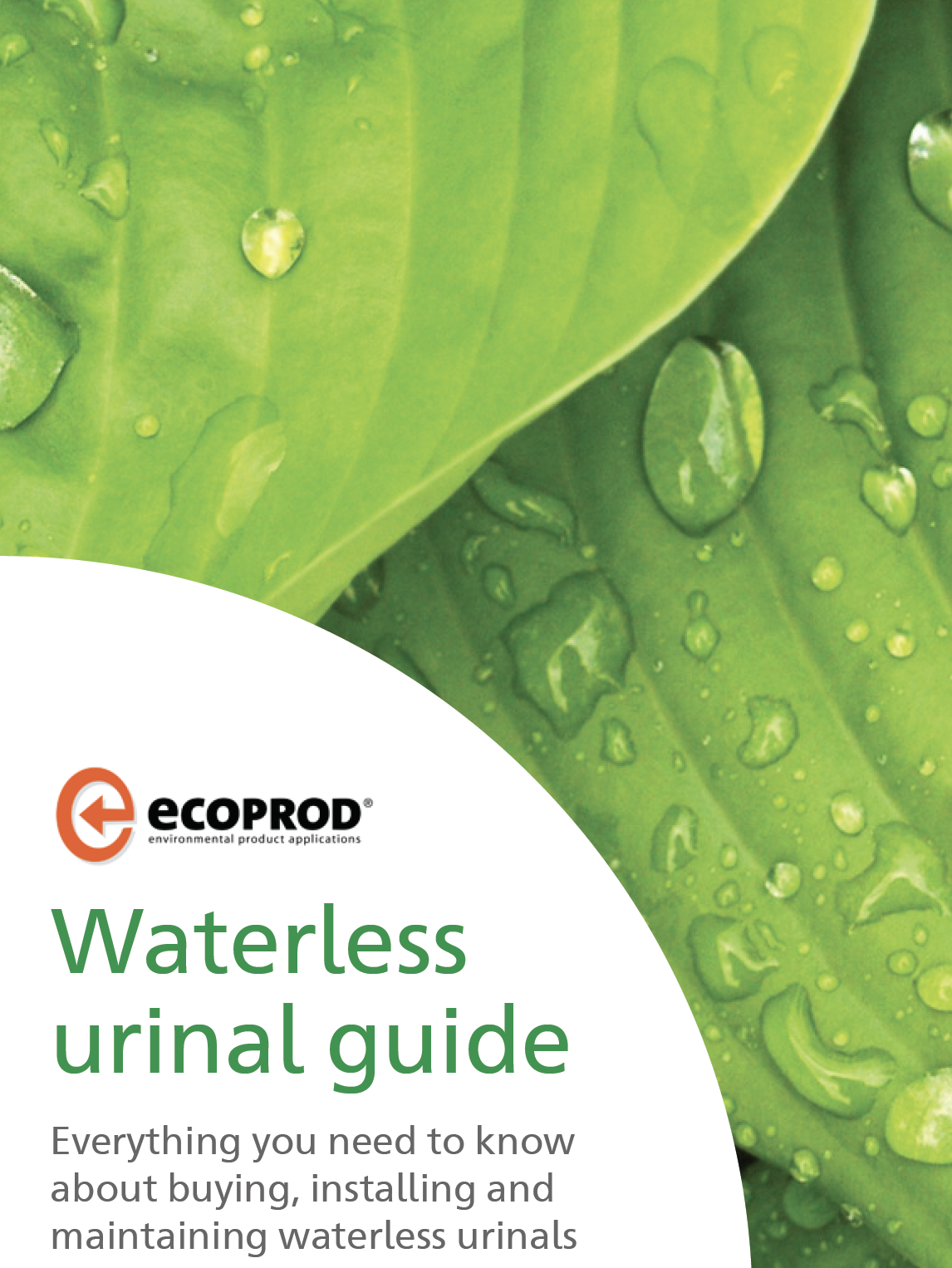


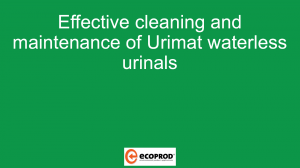





 For the last 8 years Robert Summer – Head of International Sales and Marketing – has developed structured distribution network worldwide for CONTI+ brand. The products offer great benefit for washrooms and shower rooms for public, semi-public and health sector. Today, sustainability, hygiene and smartness are key to CONTI+ solutions. Robert lives the brand and its USPs and loves to support and motivate his team on a daily basis.
For the last 8 years Robert Summer – Head of International Sales and Marketing – has developed structured distribution network worldwide for CONTI+ brand. The products offer great benefit for washrooms and shower rooms for public, semi-public and health sector. Today, sustainability, hygiene and smartness are key to CONTI+ solutions. Robert lives the brand and its USPs and loves to support and motivate his team on a daily basis.





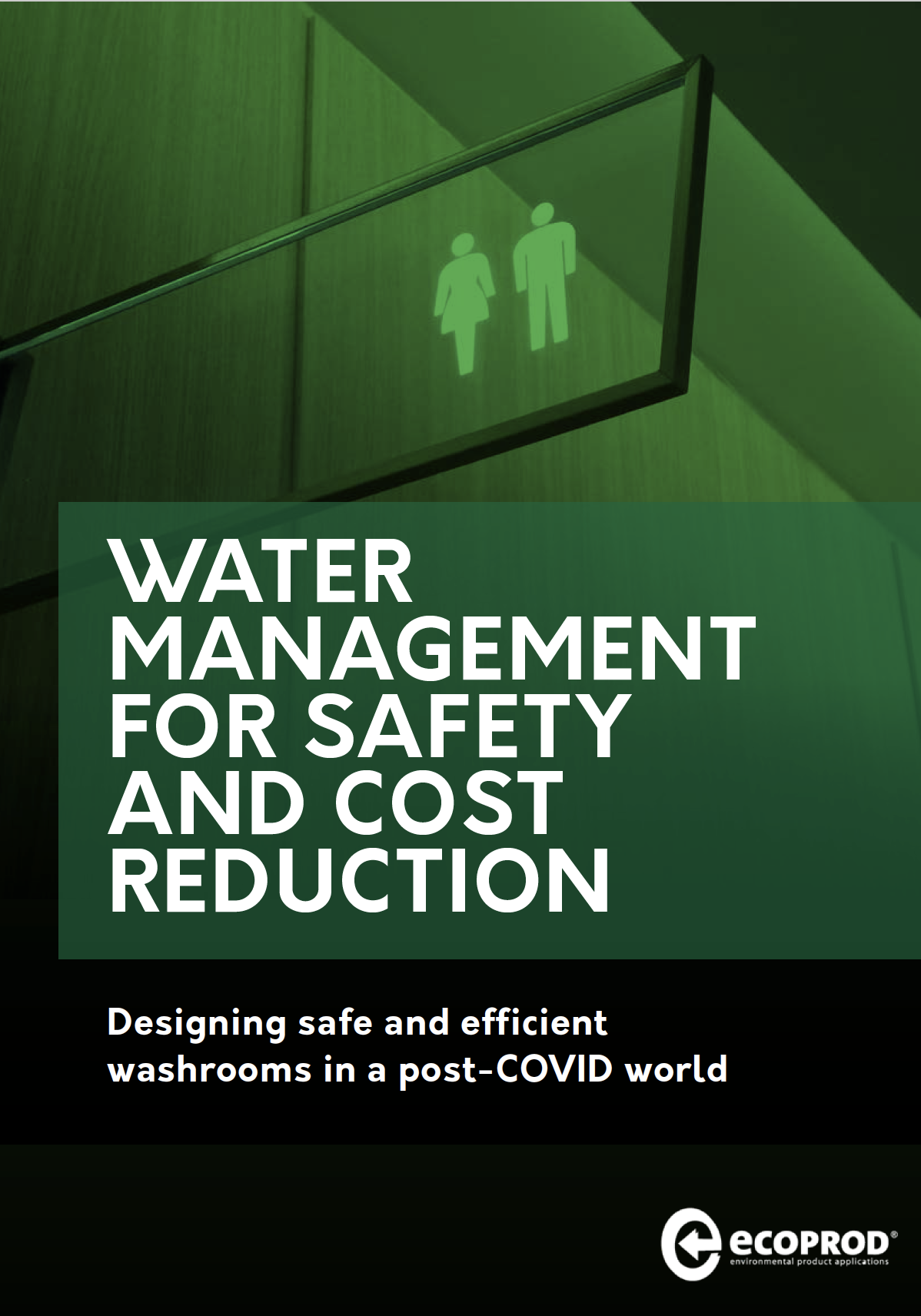


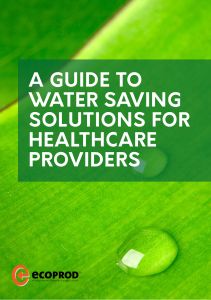
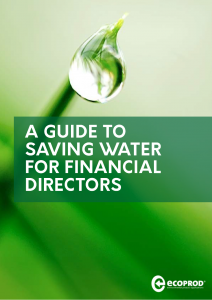
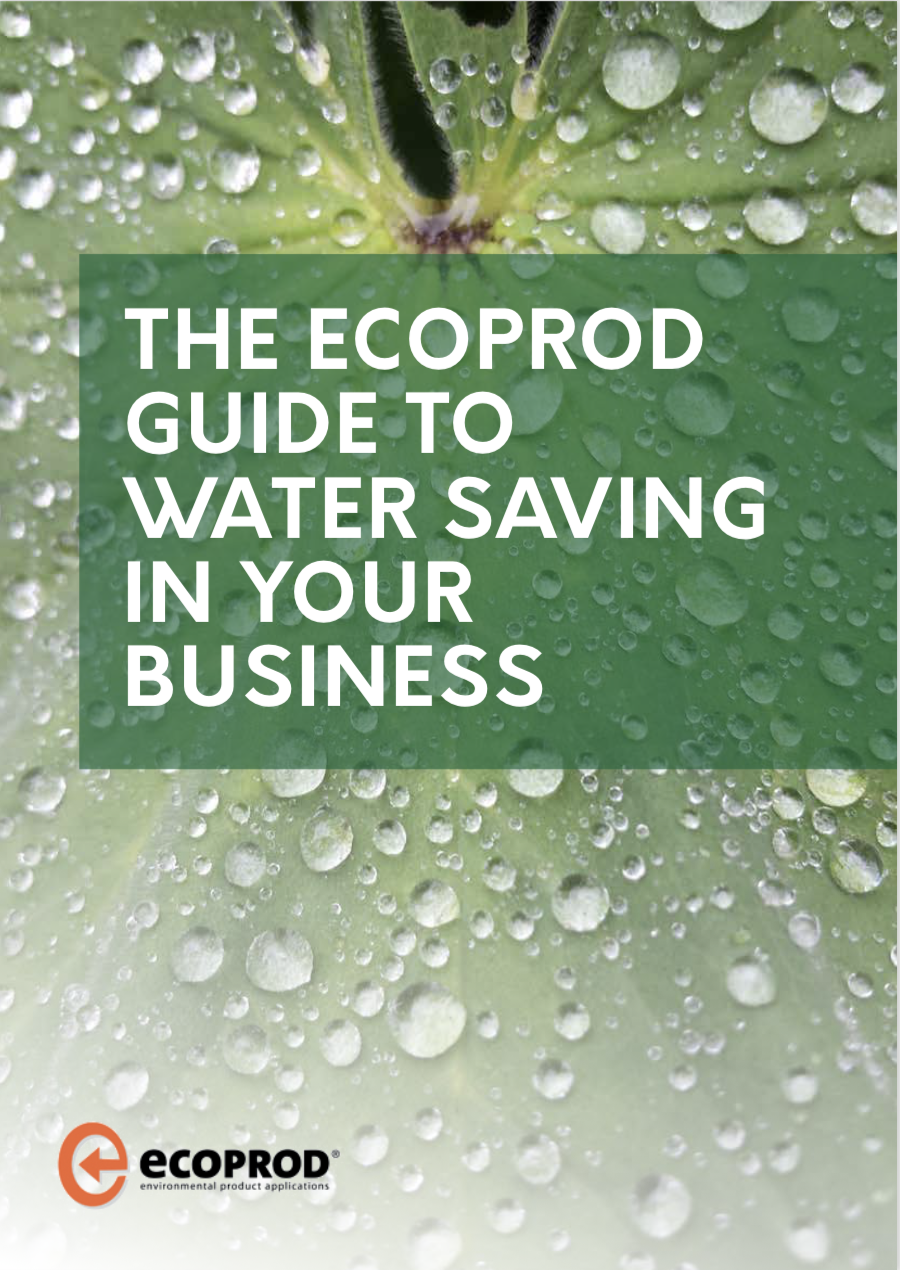
Comments are closed.